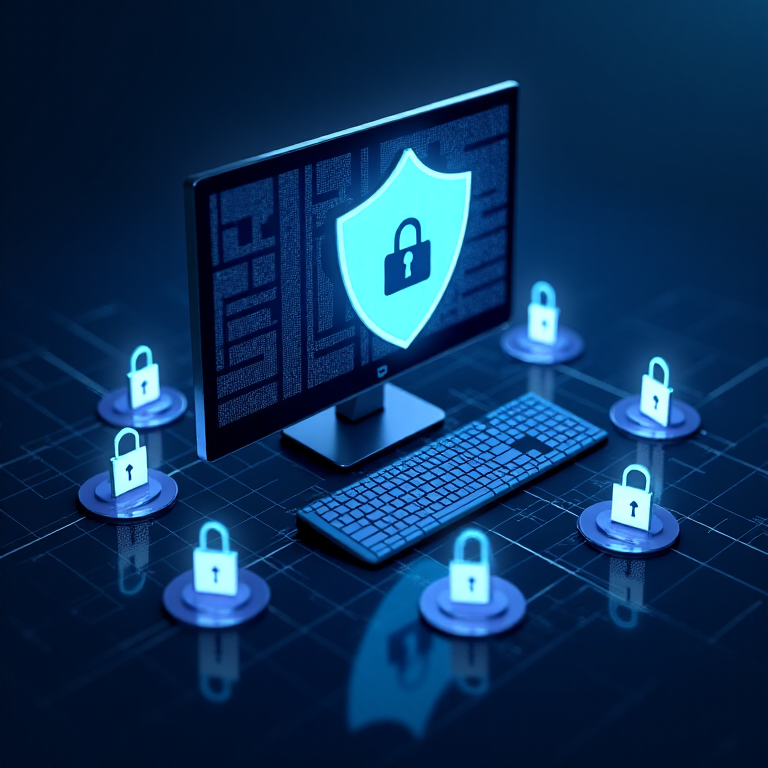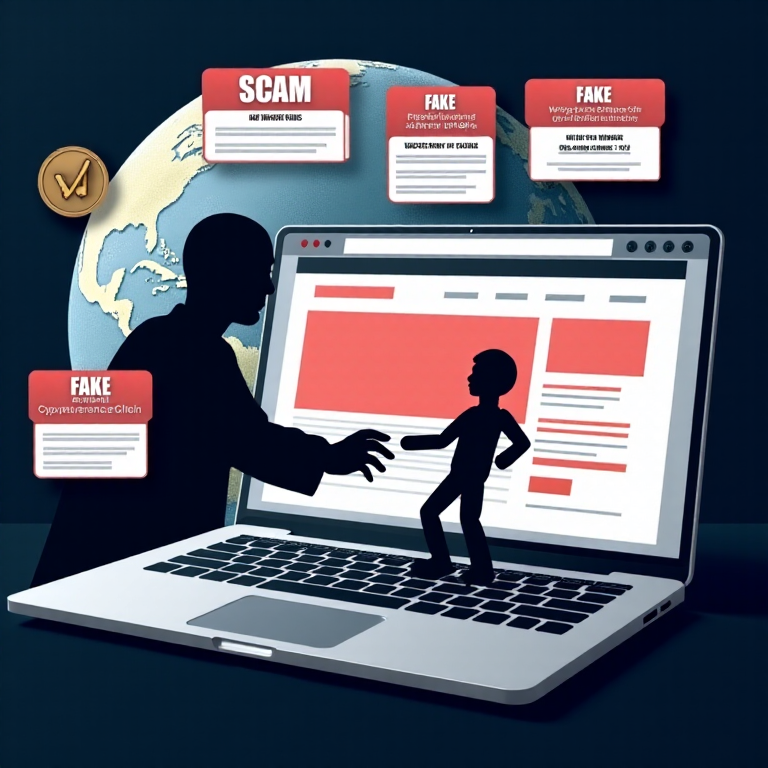Do I Need Antivirus in 2025?
In 2025, digital threats are more sophisticated than ever. But do you still need antivirus software today?
What Does Antivirus Really Do?
Antivirus software protects your device by detecting and blocking malicious software like viruses, ransomware, spyware, and trojans. It acts as your first line of defense against cyberattacks that can steal your data, corrupt files, or lock you out of your system.
Is Antivirus Still Necessary?
Yes—and here’s why:
1. Threats Are Constantly Evolving
Hackers no longer rely only on basic viruses. They use complex malware, phishing schemes, and zero-day exploits that can go undetected without proper security.
2. Built-in Protection Isn’t Always Enough
Windows Defender has improved, but it may not offer complete protection. For high-risk users—like online shoppers, remote workers, or crypto traders—advanced antivirus features such as real-time threat detection, firewall controls, and email scanning are critical.
3. You’re Not Just Protecting Yourself
Your devices are connected—to smart TVs, phones, tablets, even smart home devices. A single infection can affect everything in your digital ecosystem.
Who Might Not Need It?
If you:
- Only use your device for light browsing,
- Keep your system updated,
- Avoid unknown downloads or links,
- Use a Chromebook or Linux system,
You might get by with built-in defenses. But even then, a lightweight antivirus can give added peace of mind.
What to Look For in Antivirus Software
- Real-time protection
- Ransomware defense
- Automatic updates
- Low system impact
- Multi-device support
Final Thoughts
Antivirus software isn’t just about avoiding viruses anymore. It’s a core part of digital hygiene in 2025. Whether you’re a casual user or a business professional, a strong security layer is a smart investment.




Comments are closed